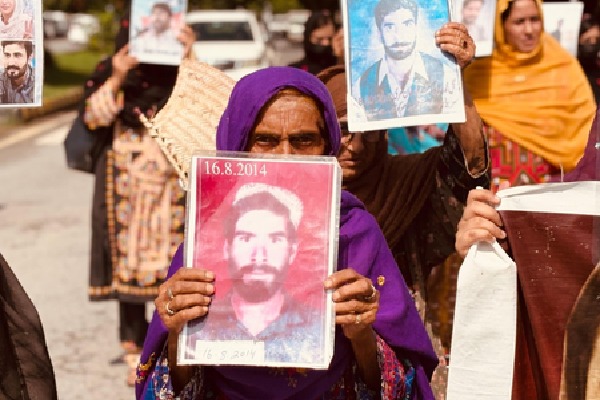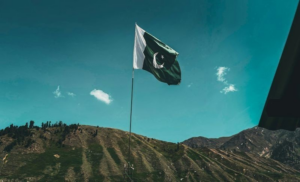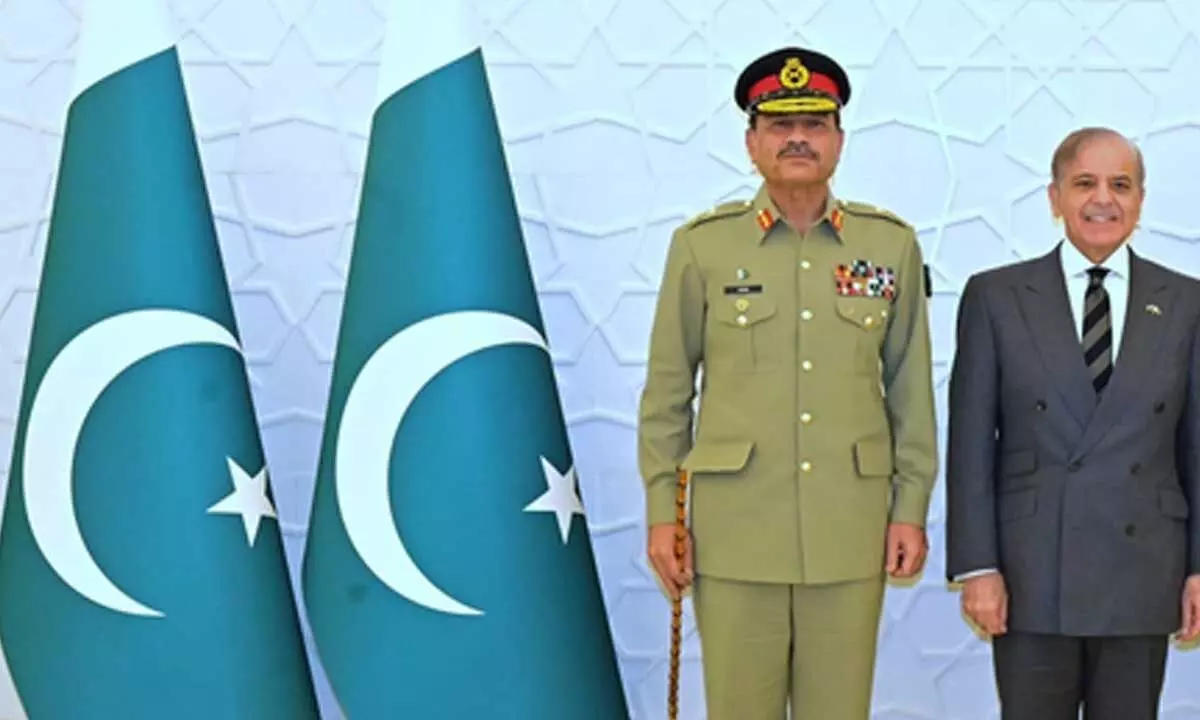The updating of the law on Christian marriage in Pakistan is an important step forward to protect girls from early marriages, says Kamran Michael, Christian politician and former senator, who in recent years has promoted before institutions to protect the rights of minors and the most vulnerable people. On July 9, with a measure that received wide approval in both the political and ecclesiastical communities of Pakistan, the National Assembly of this country raised to 18 years the legal age of marriage for boys and girls belonging to the Christian community, thus adapting the provisions on Christian marriage to Pakistani standards regarding the protection of minors. The bill titled “Christian Marriage Amendment Act, 2024” was introduced by a Christian member of the National Assembly, Naveed Amir Jeeva, with the aim of updating the Christian Marriage Act, 1872, which previously fixed the age of marriage at 16 years for boys and 13 for girls. It was the Christian politician Kamran Michael, a senator in the last legislature, who first proposed the amendment in the Senate in January 2023, pointing out that raising the age of marriage was essential to protect girls from sexual abuse and forced conversions. “The State has the duty to protect children from exploitation and defend their rights,” he stated, expressing his satisfaction with the approval of the law, which, after being approved by both chambers (the Senate had approved it in February 2024), now awaits the President’s signature to become a full law and come into force. The amendment to the law is also intended to guarantee the protection of the fundamental rights of children, in particular the right to education and health, he stressed, welcoming the approval of the Churches of all denominations in Pakistan. “The amendment will help prevent forced marriages of underage Christian girls,” said Bishop Azad Marshall, President of the Anglican Church of Pakistan and the National Council of Churches of Pakistan, with satisfaction. “The progress is significant because it paves the way for possible action on related issues, such as forced conversions of underage girls and the misuse of blasphemy laws,” he added, calling on all Christian Churches in the nation to create a joint group to report to Parliament on issues important to the life and security of the nation’s Christian faith communities. The Catholic Bishops’ Conference of Pakistan, through its National Commission for Justice and Peace (NCJP), has also welcomed the amendment: Bishop Samson Shukardin, National Director of the Commission, and Father Bernard Emmanuel, Executive Director, expressing their “sincere appreciation to the entire Parliament”, have declared that “this is a request that the Christian community has been making for some time”, and it is a “crucial provision to protect our underage girls”, hoping that “the government will take new measures to criminalize forced religious conversions”, in order to protect non-Muslim citizens, such as the Hindu and Christian communities, who face problems in this regard. The phenomenon, in fact, is related to that of the kidnapping and forced conversions of Christian and Hindu girls to Islam, since Sharia (Islamic law) allows girls who reach puberty to be considered “adults”, and therefore the possible age of marriage. Last April, a team of United Nations experts called on Pakistan to pass legislative measures to protect the vulnerability of women and girls belonging to minority faiths, especially with regard to forced marriages and forced religious conversions, requesting Pakistan to raise the legal age of marriage for girls to 18, as a deterrent measure. The experts noted that forced marriages and religious conversions of girls belonging to minority faiths have been “validated by the courts”, but “child, early and forced marriages cannot be justified on religious or cultural grounds”, underlining the need for provisions “intended to invalidate, annul or dissolve marriages contracted under duress.” The UN working group consisted of the special rapporteur on freedom of religion and belief, Nazila Ghanea; the special rapporteur on minority issues, Nicolas Levrat; the special rapporteur on human trafficking, Siobhan Mullally; and the special rapporteur on contemporary forms of slavery, Tomoya Obokata. According to data from civil society organizations, around 1,000 underage Christian or Hindu girls are kidnapped each year in Pakistan, forcibly converted and married to their kidnappers. (PA) (Agenzia Fides, 19/7/2024)






